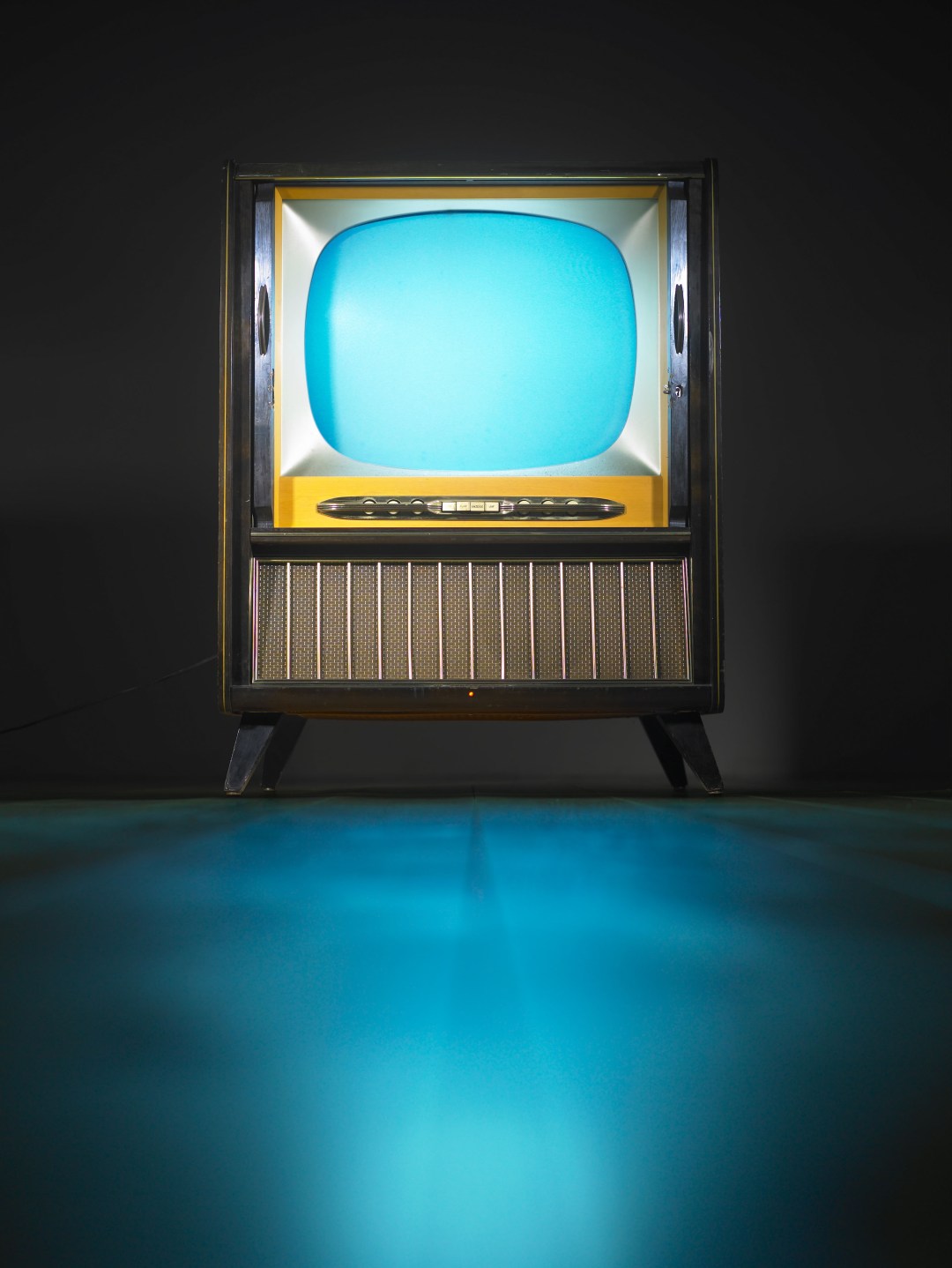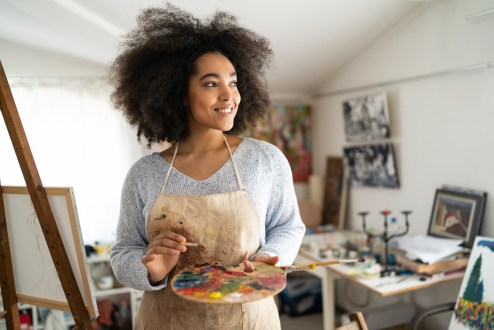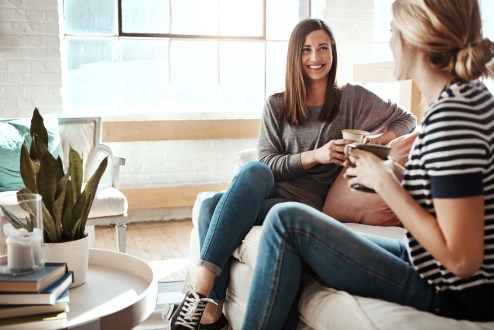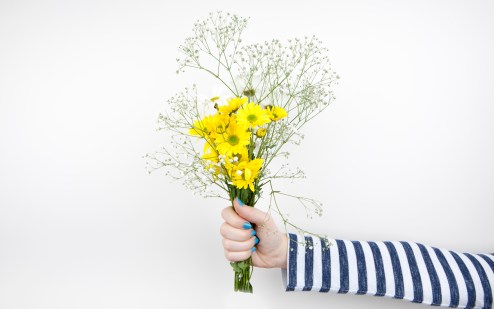Why watching box sets is good for you
Feeling guilty about holing up with a box set any chance you get? Well, don’t. You’re just tapping into the evolutionary pull of transformational storytelling and learning valuable life lessons, say experts. Time to press play on that third episode in a row then, writes Nicole Mowbray

‘Don’t be cross,’ muttered my boyfriend, ‘but I finished Breaking Bad this afternoon.’
I was surprised to discover that I was fuming – and hurt. Together, we had spent almost 45 hours over a fortnight watching the first 59 episodes of this series which details the exploits of Walter White, a chemistry teacher with terminal cancer who turns to crystal meth production to safeguard his family’s financial future, yet he had watched the last two hours on his own! Talk about a let-down.
That might be a bit strong, but the shared experience of binge-watching six back-to-back series of your favourite show has become one of the new bonding experiences of modern life. Discovering a new one – and then introducing the rest of your friends to it too – is not only a great pleasure, it marks you out as the woman in the know, the go-to cultural trendsetter. Box sets and the rise of subscription streaming services, such as Netflix, allow us to stream our favourite shows to computers, iPads and even phones any time, anywhere and back-to-back if we choose.
Whether it’s House Of Cards, True Detective, 30 Rock, Luther, Nashville or The Walking Dead; everyone I know has invested serious chunks of their hard-won leisure time in a box set. There’s something about watching an entire series over a weekend that feels like a holiday from the stresses of everyday life.
Experts agree. Dolf Zillmann, the pioneer of entertainment psychology, came up with the ‘excitation transfer theory’ to explain why we watch distressing or harrowing shows. He says we derive more pleasure from shows that force us onto an emotional rollercoaster – be it Downton Abbey or The Killing – yet, end (mostly) happily.
Other theories claim our reactions to dramatic box sets actually reinforce the feeling we have about our emotions being ‘right’. For example, the fact we’re angry with Brody for treating Carrie so terribly in Homeland proves us to be kind, generous and warm-hearted, with good judgement. Zak Shaikh, a partner at Attentional, an international media consultancy, adds: ‘Storytelling has been a key factor in human evolution. Stories have been experienced in groups since the earliest times when humans spent nights talking around the camp fire. It enriches our social network.’ He says that around 70-75 per cent of human interaction is gossip-related, which explains the value of shared ‘watercooler TV moments’ that you talk about in the office the next day – whether that’s Don Draper’s exploits in Mad Men or Walter White surviving yet another cartel shooting.
Mary Beth Oliver, professor of media studies at Pennsylvania State University, believes box sets provide more than just enjoyment or storytelling. Her work centres around the theory of eudaimonia (which comes from a Greek word that roughly translates as ‘human flourishing’) – that people’s real lives are enriched by the lessons they learn from on-screen dramas.
So there you have it, an excuse (if any were needed) to line up the next one.
Here's what we're pressing 'play' for…
- The Vampire Diaries. ‘There’s nothing like some silly vampire thriller/romance to escape to of an evening!’ Ali Roff, features writer
- Modern Family. ‘Because of the quirky character interaction and the humourous one-liners.’ Jo Beadle, designer
- Game Of Thrones. ‘It’s not just gore and dropped gowns – the power and family dynamics are fascinating.’ Lauren Hadden, deputy editor
- Scandal. ‘Part political thriller, part bawdy romp, with an interesting, flawed heroine.’ Amerley Ollennu, beauty & wellbeing editor
- The West Wing. ‘The writing is so intelligent and it’s an ensemble cast where everyone gets good storylines.’ Lynne Lanning, designer








